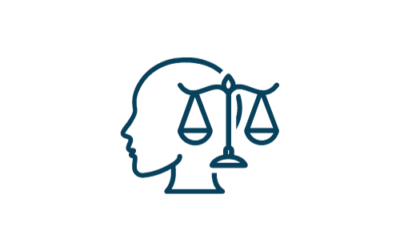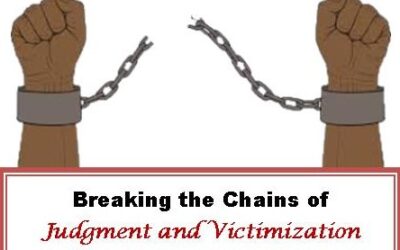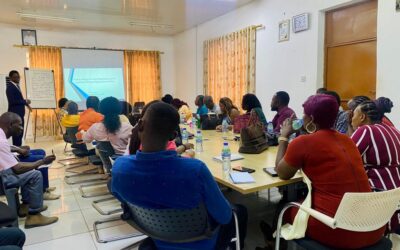3rd Februry 2023
STATEMENT BY CARL-SL ON THE SUPREME COURT DECISION RE CONSTITUTIONALITY OF THE PROPORTIONAL REPRESENTATION SYSTEM FOR GENERAL AND LOCAL COUNCIL ELECTIONS IN SIERRA LEONE
On the 27th January 2023, five Justices of the Supreme Court of Sierra Leone delivered a judgment in a case brought by two members of the main opposition All People’s Congress (APC) challenging the constitutionality of the proportional representation (PR) electoral system of voting for general and local council elections in Sierra Leone. The complainants had asked the court to declare that the president’s directive to the Electoral Commissioner ordering him to conduct the 2023 Parliamentary and Local council elections using the District Block PR electoral system was unconstitutional. They further asked the court to declare that it is unconstitutional for the Electoral Commission to use the District Block Proportional Representation System when “there are extant and subsisting constituencies”. The complainants also argued that the Proportional Representation System undermines democracy because it vests inordinate power in political parties, and deprives independent candidates from participating in the process.
In a unanimous decision read out by Chief Justice Desmond B. Edwards, the Supreme Court refused to grant the orders sought by the Plaintiffs, and held that the President was entirely within his rights when he directed that the general and local council elections be conducted using the PR electoral system. The Court disagreed with the Plaintiffs’ submission, and held that “constituencies have not been established in accordance with subsection 3 of Section 38” for the purposes of the 2023 elections. In other words, once a census has been conducted which shows population shifts and increases, the Court held that the Electoral Commission is required to delineate constituency boundaries. Unless such constituencies are delineated, the Court held that constituencies cannot be deemed to have been established for the purposes of the 2023 elections.
The Centre for Accountability and Rule of Law (CARL) welcomes the decision of the Supreme Court and accordingly notes the following:
- The judgment expands the space for public interest litigation in that it overturns a previous decision of the Supreme Court that held that only persons directly affected by an issue or action has locus standi, or the right to sue. The Justices held that as long as it is a matter of public interest, a plaintiff need not show that they are directly affected by an issue or action. This is a major step forward in our efforts to use the law to advance human rights and equity.
- The judgment also reinforces the power of the Supreme Court to hold the President accountable to constitutional limits. In disagreeing with the submissions of lawyers representing the State, the Justices held that nothing precludes the Court from exercising jurisdiction in relation to a question of whether the President has acted unconstitutionally.
- It is also worth commending the Court for resolving the complaint expeditiously and in a transparent manner. It took the Court 18 days after oral submissions were concluded to hand down the decision, which represents significant progress compared to the time frame within which previous cases were resolved.
- In addition, the decision was based on the substance, or merit, of the complaint. This is important because a number of election-related cases filed with the Supreme Court since 2012 were resolved or dismissed on technical grounds rather than on their merits. In an Irish Aid-funded report on the administration of electoral justice in Sierra Leone, delays in adjudicating election-related disputes, and a reluctance by the Supreme Court to resolve election-related disputes on their merits, were identified as the key challenges confronting the delivery of electoral justice in Sierra Leone.
Ahead of the 2023 elections, we are hopeful – and strongly urge the judiciary – to look into all election-related complaints based on their merits and with the same speed and transparency as the matter under review. CARL will continue to track and provide regular updates on all election-related disputes in Sierra Leone.
For additional information: contact ibrahim.tommy@gmail.com or +2327636549



